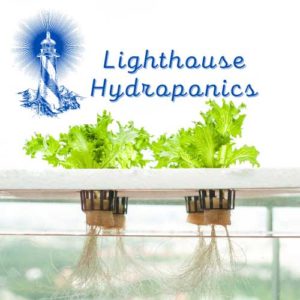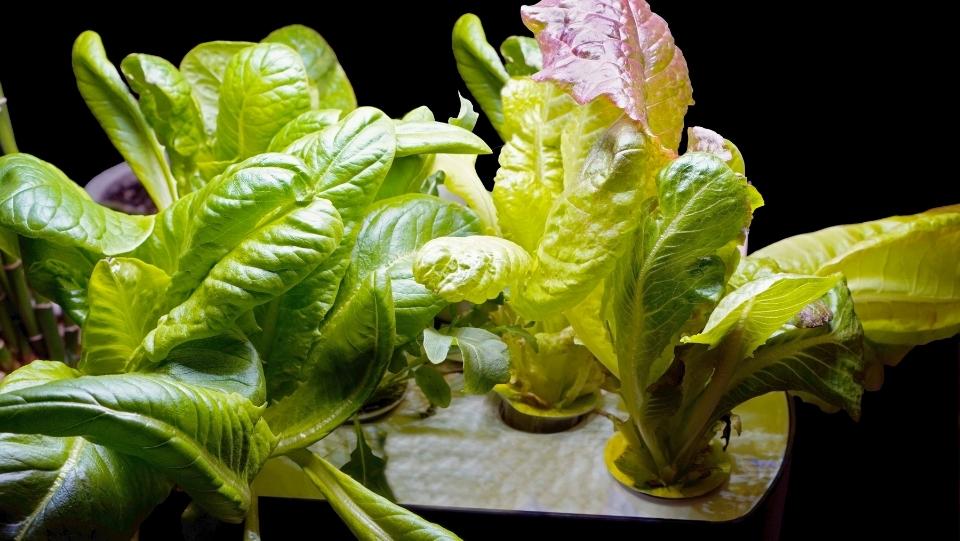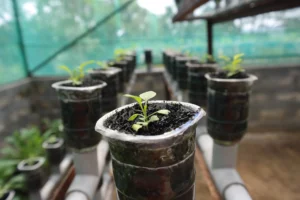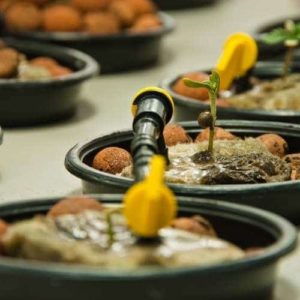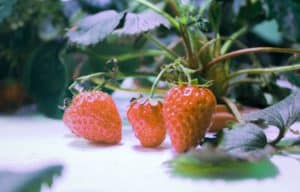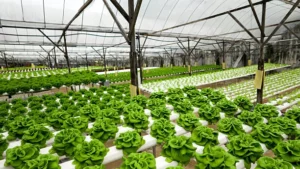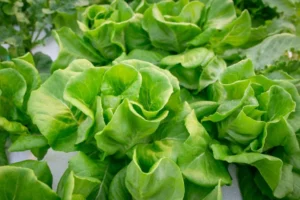If you’re wondering are Hydroponic gardens worth it, and are actually looking for ways to increase the yield of your garden, consider investing in an indoor hydroponic garden. Hydroponic gardens use a system of growing hydroponically rather than outdoors, which means instead of relying on sunlight and moisture to feed your plants, these types of gardens provide everything they need through the use of artificial sources of light, water, and nutrients. In this article, we will discuss whether an indoor hydroponic garden is worth the expense as well as what benefits they can give you if you invest in one.
How Does an Indoor Hydroponic Garden Work?
When you’re growing plants indoors, you have to be mindful of where the sun comes in. If your window is on the east side of a building, for example, the window will direct light only to the plants on one side of the garden. To make this work, you’ll need to use artificial lighting with a timer so that it only grows at certain times of the day. Another way to accomplish this is using a grow light. Grow lights are used to provide full-spectrum light (day or night) and they emit wavelengths that plants want while simultaneously blocking out wavelengths they do not want. Indoor hydroponic gardens often use two different types of grow lights: red and blue lighting. Red lighting stimulates plant growth and blue lighting inhibits plant growth.
Is an Indoor Hydroponic Garden Worth It?
If you’re considering a hydroponic garden, you may be wondering if they are worth the trouble or not. A lot of people think that an indoor hydroponic garden isn’t worth it. They think the only real advantage of investing in one is convenience. But these are some of the benefits to consider: – The plants grow faster so you can harvest them more frequently and turn a larger profit for your investment – You can save on buying natural resources like soil and water – Hydroponics allows for shorter growing seasons, which decreases your labor costs – Your plants will have better flavor than those grown outdoors due to less exposure to pests and other outside factors
What benefits can you get from an indoor garden?
An indoor garden can give you benefits such as low cost, a controlled environment, and the ability to grow many different types of produce. Plus, hydroponic gardens don’t need any soil to sustain their growth. This means that you will save on fertilizer costs and the risk of your garden being overrun by weeds. In addition to these benefits, an indoor hydroponic garden is perfect for those who want to grow food in a contained space. If you live in an apartment or house with limited space outside, this is the perfect solution for your growing needs. Finally, indoor hydroponic gardens are also portable. You can take them with you when you travel or move if needed.
Who Should Consider an Indoor Hydroponic Garden?
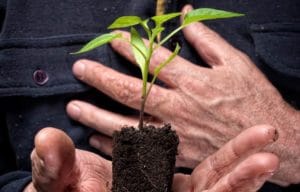
If you live in an area that experiences harsh winters, you should consider an indoor hydroponic garden. The plants can be grown year-round using artificial light and the nutrients are provided by the water and fertilizers. If you are a wholesale grower or intend to sell your produce, an indoor hydroponic garden is worth considering as it can help boost production and ensure consistency in quality. Additionally, if you have limited space in your home for a garden, an indoor hydroponic garden is ideal because it will require less upkeep than a traditional outdoor one.
4 Common Types of Indoor Hydroponic Gardens
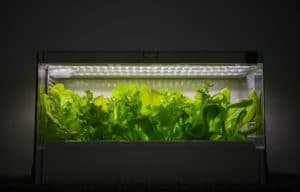
There are many different types of indoor hydroponic gardens, but they all have the same goal: to provide plants with everything they need to thrive. Here are some of the most common types of indoor hydroponic gardens: Aquaponics- This style of gardening uses both fish and plants in an aquaponic system. The plants absorb nutrients from the fish waste while the fish help clean and oxygenate the water. Aquaponics is a great way to get the best of both worlds by growing vegetables and fish. Hydroponics- This is one of the more common types of indoor hydroponic gardens. They contain only clay pebbles as their medium for growing plants with nutrient solution or water that is circulated through a bed or pipe with an air pump. NFTs (Nutrient Film Technique)- With this type of garden you grow plants in a thin film containing nutrients that can be achieved through circulating water over a mesh screen. This type of hydroponic garden grows plants faster than other varieties because it uses less space and supplies more nutrients to your plant’s roots at once. Wicking- A wicking garden is similar to an NFT system, but it does not use a mesh screen or any other media for growing plants. Instead, wicking gardens rely on a porous fabric that allows water to flow over it without losing anything vital as well as providing a strong foundation for your plant’s roots to grow into.
Final Tips
If you are still on the fence about investing in an indoor hydroponic garden, here are a few final tips to help you make your decision. – Before investing in a new hydroponic garden, consider how much time and money you can currently devote to gardening. If you’re not sure this is something worth pursuing and don’t have the time or resources to invest in a hydroponic garden right now, it might be better for you to wait until you have those resources before jumping into the market. – There are some incredibly good deals out there on hydroponic gardens. You might want to take advantage of one if you see that your current investment is going to outpace what you can expect in terms of return at any point soon. – A hydroponic garden allows for easy access to vegetables year-round without having to worry about outdoor weather conditions or pests. This will make sure that your produce is always fresh and healthy. – A hydroponic garden provides many opportunities for experimentation, which means you will both learn how plants grow and grow with different methods without ever having to commit yourself to one way of growing for very long at all.
